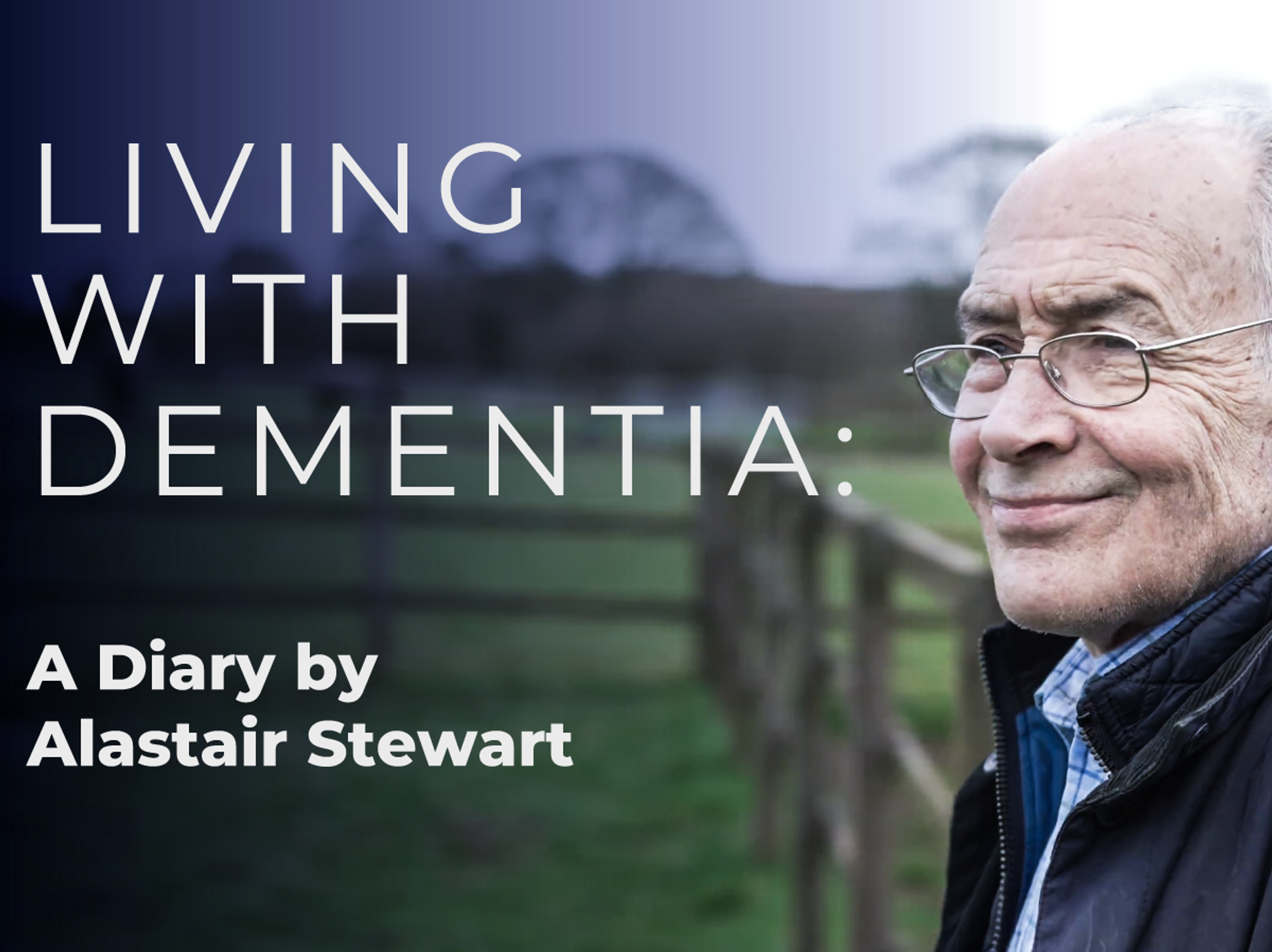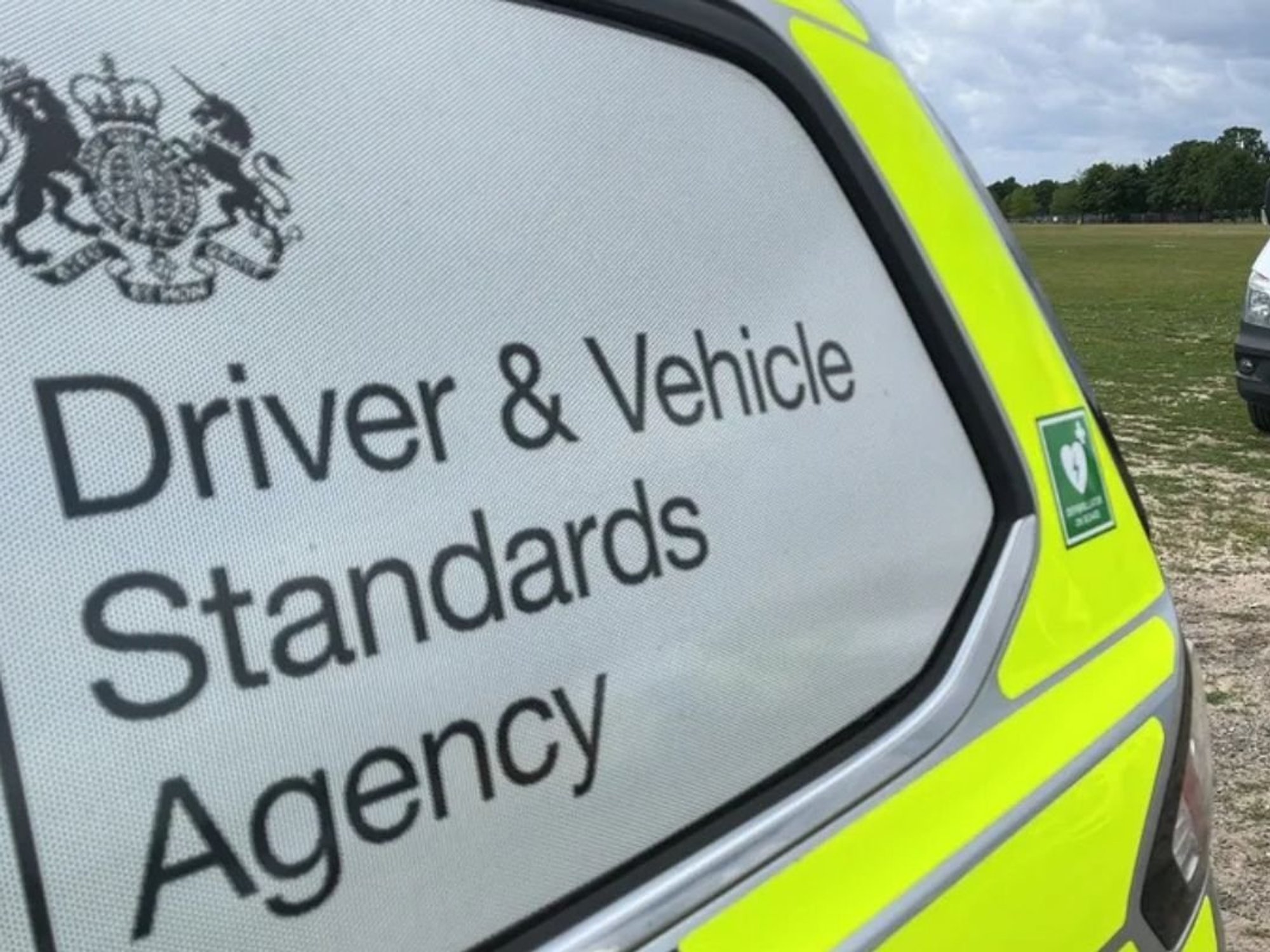Winter Fuel Payment axe to have 'NO IMPACT' on fuel poverty among pensioners, claims Government report
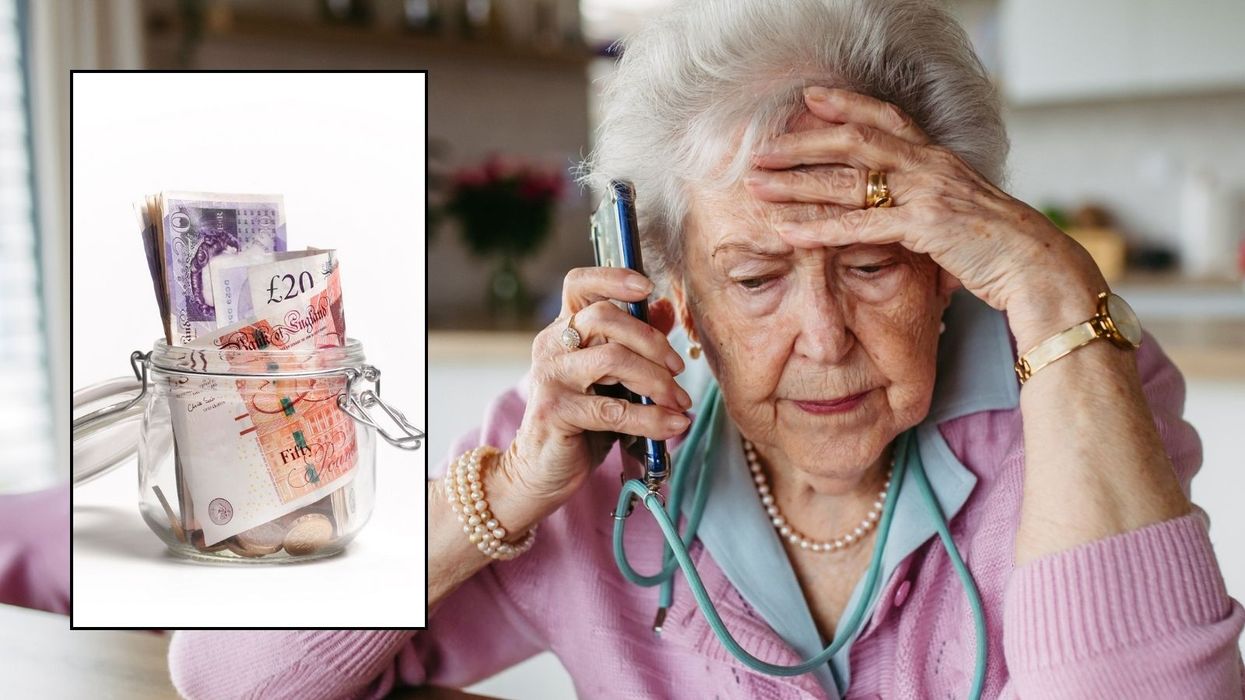
Government data suggest the Winter Fuel Payment being means-tested will have minimal impact on fuel poverty figures
|GETTY

Energy bill support is being cut for pensioners but how much this will impact households is being called into question
Don't Miss
Most Read
Fuel poverty in the UK will not rise despite the Winter Fuel Payment being axed for millions of pensioners, according to the latest figures from the Department for Energy Security and Net Zero (DESNZ).
Concerns have been raised over the impact on 10 million older households following the new Labour's Government decision to means-test the energy bill benefit, which is worth up to £300.
Campaigners and politicians have lambasted Chancellor Rachel Reeves' move to reserve the Winter Fuel Payment for those on Pension Credit ahead of Ofgem's pending price cap hike in October.
Households across the country are expected to pay more on average for their gas and electricity as the cost of living crisis looks set to continue for the foreseeable future.
Despite anxieties over energy bills going up, Government data calims that fuel poverty will not increase compared to last year even with the Winter Fuel Payment being axed.
Fuel poverty is the term used to describe when households are unable to afford to adequately heat their home with 6.5 million people determined to be living in this situation, according to National Energy Action (NEA).
Do you have a money story you’d like to share? Get in touch by emailing money@gbnews.uk.
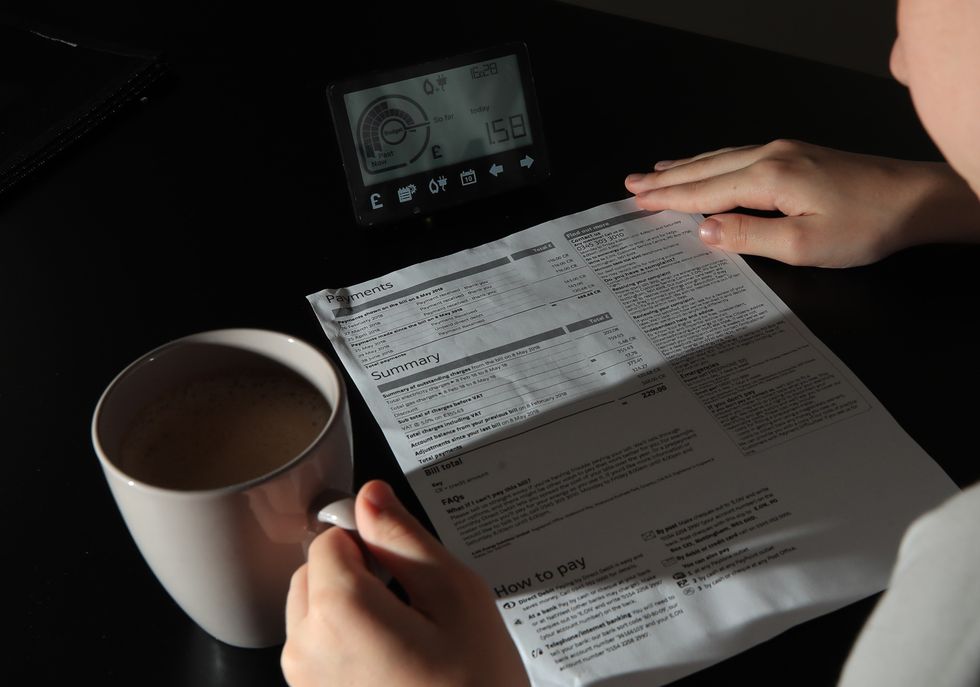 The Winter Fuel Payment can help towards energy bills in the winter | PA
The Winter Fuel Payment can help towards energy bills in the winter | PALast year, some 13 per cent of British households were found to be "fuel poor", according to DESNZ figures. For 2024, it was forecast that this would slip slightly to 12.7 per cent.
This previous projection did not take into account the Winter Fuel Payment's means-testing which will see elderly Brits lose hundreds of pounds in energy assistance.
Despite this, the Government department predicts that the proportion of households which are considered "fuel poor" will remain at 12.7 per cent even with the support being axed.
Between 2023 and 2024, the number of "fuel poor" households is forecast to plummet by 42,000 which can be attributed to energy efficiency investments, a drop in energy prices and rising household incomes.
This suggests the Winter Fuel Payment's means-testing will have minimal impact on older household incomes later this year, if forecasts turn out to be accurate.
Alex Clegg, an economist at the Resolution Foundation, broke down what these projections likely suggest about the nature of fuel poverty in the UK.
He said: "Despite older people in England being more likely to live in an energy inefficient home, fuel poverty rates were significantly lower for over-65s than for the total population in 2021
"The Government should take action to mitigate the loss of WFP for those pensioners who face difficulty paying their energy bills this winter.
"But what the current debate is missing is the far larger group of working-age families (many of whom will have children) that look set to struggle with their fuel bills once again this winter given the new higher energy bills norm."
LATEST DEVELOPMENTS:
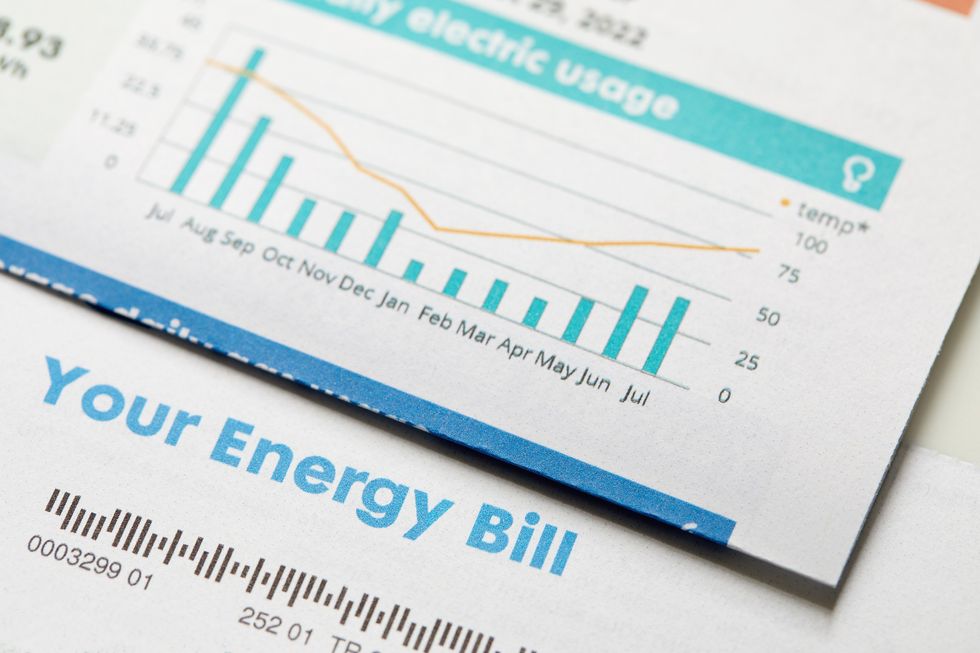 The cost of living crisis has pushed energy bills to new heights in recent years | GETTY
The cost of living crisis has pushed energy bills to new heights in recent years | GETTY A DESNZ spokesman told GB News: "Given the dire state of the public finances we have inherited, it is right that we target Winter Fuel Payments to those who need it most.
"These figures show how the change we have made makes no impact on the projected fall in the rate of fuel poverty over the next year. They also do not reflect our Pension Credit drive which has seen a 115 per cent increase in claims over the last five weeks and we urge anyone who may be eligible to claim.
“Over a million pensioners will continue to receive the Winter Fuel Payment and through our commitment to protect the triple lock, those on the full new State Pension will receive an additional £400 – twice the average winter fuel payment.”
GB News has contacted the End Fuel Poverty Coalition for comment.







